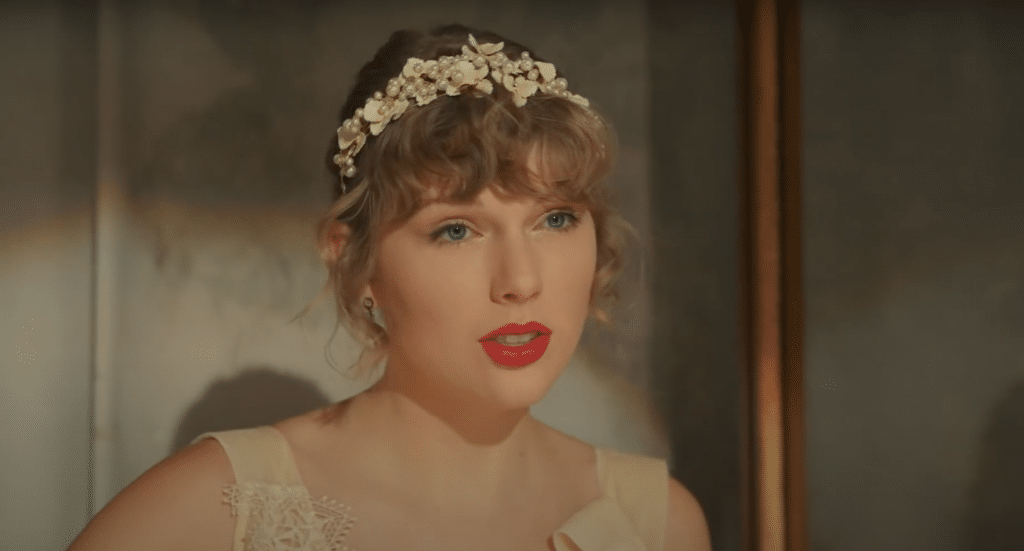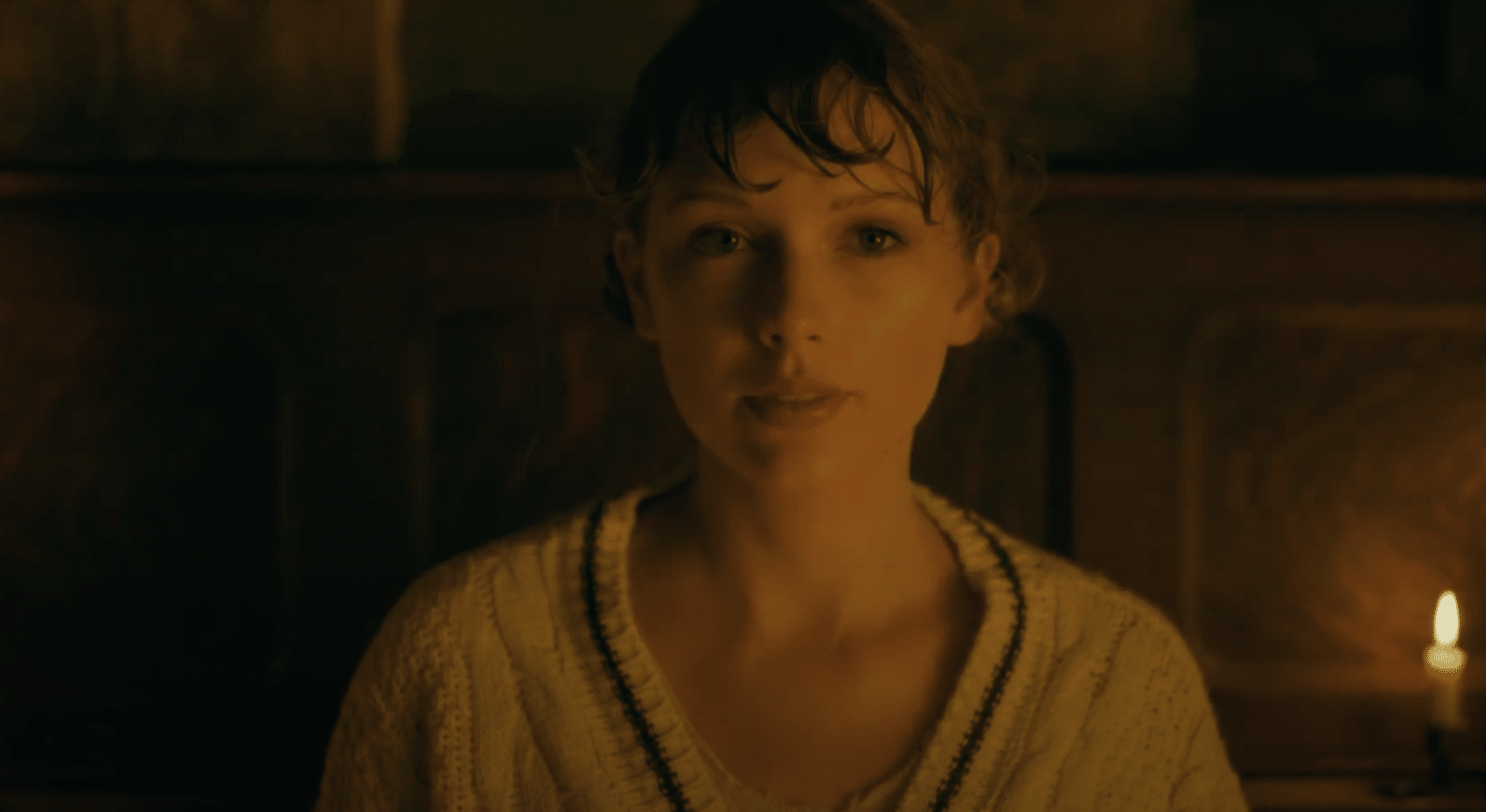In celebration of her 31st birthday, Taylor Swift shocked fans, once again, with the best kind of Christmas present, with the release of her new album Evermore marking her second album in the last six months. Following the cataclysmic success of her earlier album Folkore, in July, it was hard to believe that Taylor Swift could outdo herself. The folk-style album redefined the cottage-core aesthetic and comforted the souls of many after the spring that saw devastation, heartbreak and loneliness in the light of the Covid pandemic. However, Evermore – the unskippable album – arrived and if you haven’t listened to it yet, I would get your tissues ready before you do. The album provides a heart wrenching, gorgeous tribute to grief, love and most importantly, music.
Swift’s summer release provided an album that explored pain and used her country roots, folksong and modest piano and guitar riffs to create an album that told stories from various perspectives. This album was widely acclaimed and dismantled pop boundaries as Swift added another string to her bow, exploring a completely different genre of music. With support from Aaron Dessner and Jack Antonoff, Swift showcased her talent in an intimate and precious album that acted as the perfect comfort blanket for this unfortunate and distressing year.
Prior to the release of her sister albums (TS 8 & 9), Swift has defined each of her albums with a new aesthetic. This is the first time we have seen Swift extend the ambiance of Folkore, cementing the power of her lyricism with the release of Evermore, sustaining the sheer intimacy and comfort of her earlier album.

Swift’s release followed in the aftermath of her recent Rolling Stones cover and interview with Sir Paul McCartney discussing their music, their songwriting processes, and their lockdown albums, in anticipation McCartney’s new album, McCartney III. The interview showcased the amount of respect the two artists have for each other, as well as their deep, profound love for music, which carried them both through tlockdown.
However, it was during this interview where Swift explained the reason behind the shift to the lyrical albums of Folkore and Evermore, crediting the uncertainty of the pandemic, also confirmed by McCartney as ‘you didn’t really worry it was going to turn into anything’ because it hadn’t been planned.
Swift: ‘I just thought there are no rules anymore because I used to put all these parameters on myself, like, “How will this song sound in a stadium? How will this song sound on radio?” If you take away all the parameters, what do you make? And I guess the answer is Folklore.’
So, what does Swift’s new album, Evermore, define? At its core, Swift’s incredible storytelling abilities have us longing for more of her eloquence. Her lyrical abilities are so profound that it is only on the second, maybe third listen, that you are able to truly understand and appreciate Swift’s brilliance. The songs interweave between Swift’s last three albums, extending the brilliance of her writing, with songs dedicated to her mother, grandfather, and now a grandmother with the poignant marjorie, which is arguably the centerpiece of the album and the most beautiful tribute. It is Evermore‘s stripped-down melodies and acoustic rawness that allow for Swift’s lyricism to truly shine and places her in a league of her own as she redefines the music industry for our generation. Her cottage core impact has already reached the fashion industry, stylizing the cardigan and has us longing for french braids, flowing dresses, fires, and lots of plaid to help us survive the rest of 2020.
Swift’s music arrived at the most perfect time, providing a comfort blanket for the holiday season, in wake of the upsetting year that has been 2020. Whilst Folkore has been defined as the album that explores hurt and pain, Evermore has been defined as the album that defines the healing process. It is this installation of hope in Evermore that marks the end of 2020 and has us fondly longing for an improved 2021 – the Christmas and New Year’s wish we are all hoping for.
Roundups of 2020 have seen a tremendous appreciation for culture: books, music, tv, film, theatre… the list truly goes on. In particular, the work and strength of Chadwick Boseman have been admired and has been discussed here. The creative sector has been destroyed by the events of 2020 and it has been in times like these that have showcased the true power and importance of creative thought, I hope that 2021 will allow us to express our gratitude for the arts by giving it the support it rightfully deserves.














